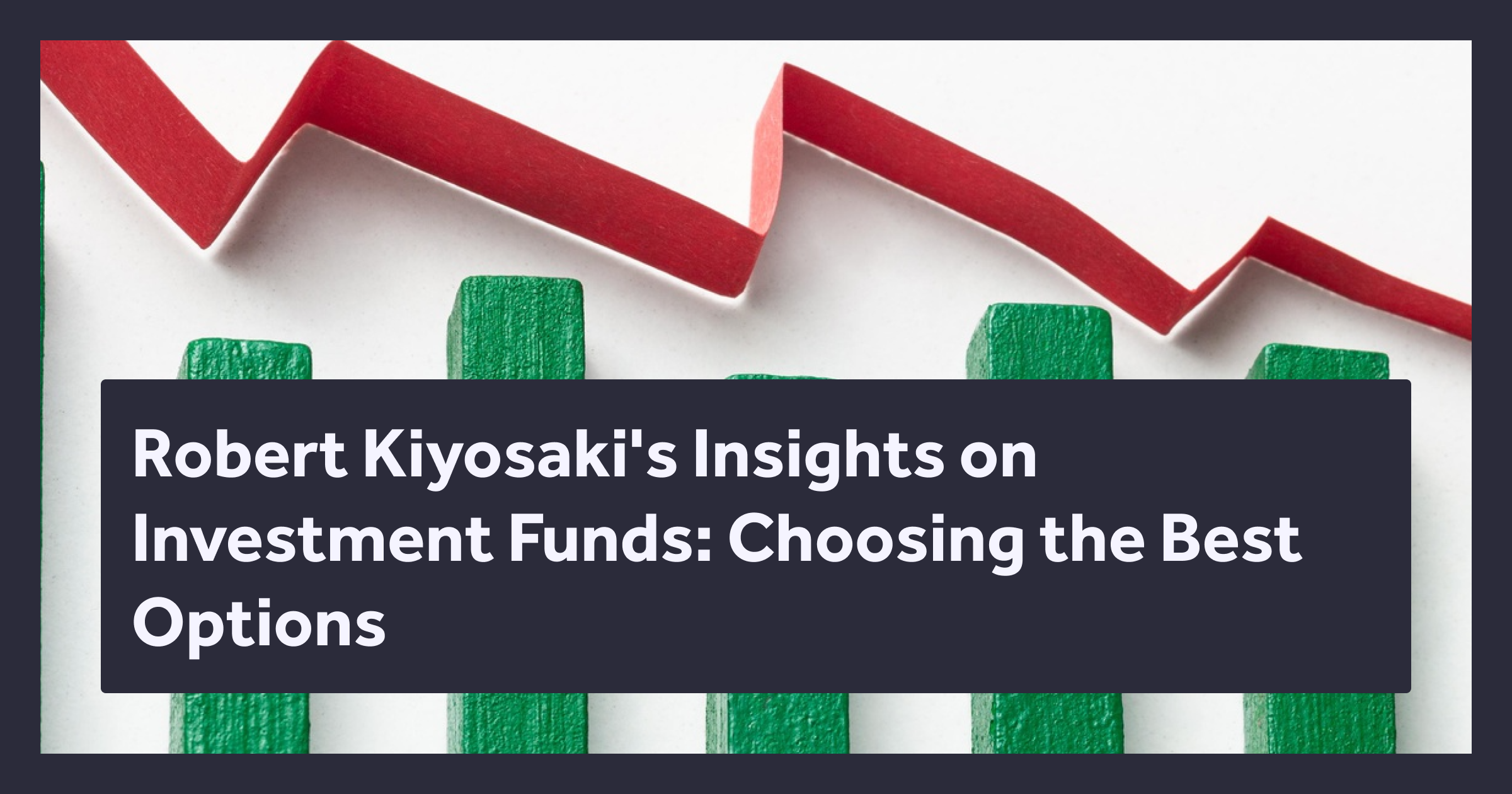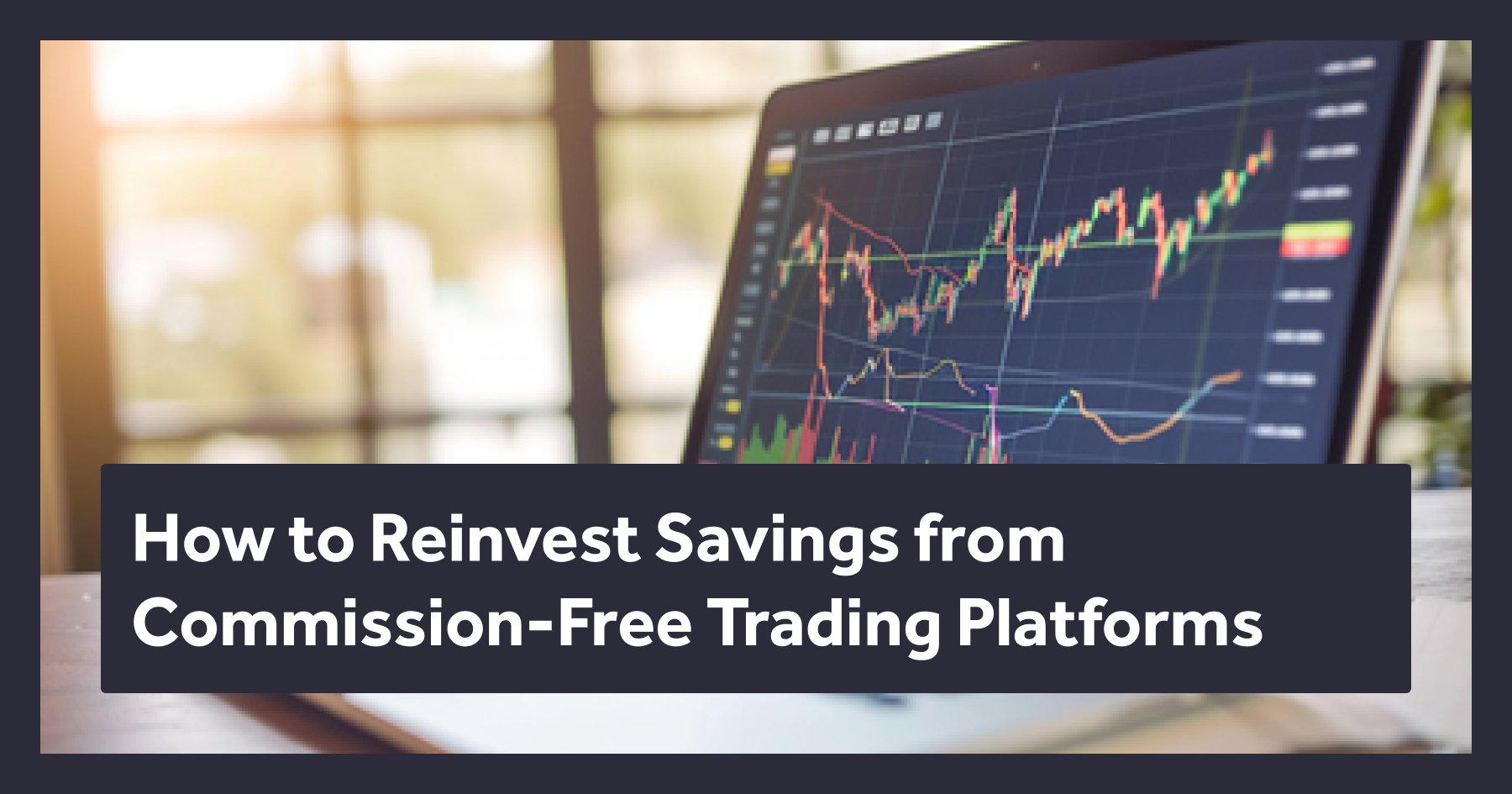This Article Explores
When it comes to building wealth and achieving financial independence, diversification is key. While traditional investments like stocks and bonds have their merits, exploring alternative investment options can provide additional opportunities for growth and income. In this blog post, we will delve into the world of alternative investments and highlight some compelling options to consider.
Real Estate: Real estate has long been a favorite alternative investment for many individuals. Investing in properties, whether residential or commercial, offers the potential for appreciation, rental income, and tax benefits. Additionally, real estate investment trusts (REITs) provide an opportunity to invest in real estate without the direct ownership of properties, offering liquidity and diversification.
Peer-to-Peer Lending: Peer-to-peer (P2P) lending platforms have gained popularity as an alternative to traditional banking. These platforms connect borrowers with individual lenders, providing an opportunity to earn attractive interest rates. By diversifying across multiple loans, investors can mitigate risk and generate a steady stream of income. However, it's essential to conduct thorough due diligence on borrowers and platforms.
Venture Capital: Venture capital investments involve financing early-stage companies with high growth potential. While it requires careful research and due diligence, investing in promising startups can lead to substantial returns. Venture capital offers the opportunity to support innovative ideas and benefit from the success of disruptive businesses.
Collectibles: Investing in collectibles, such as rare coins, stamps, fine art, vintage cars, or antique furniture, can be a passion-driven alternative investment. Collectibles can appreciate in value over time, and their uniqueness provides a level of scarcity that can drive demand and price appreciation. However, it's crucial to have a deep understanding of the market and seek expert advice when entering this space.
Commodities: Commodities, such as oil, natural gas, gold, silver, or agricultural products, offer diversification and potential protection against inflation. Investing in commodities can be done through futures contracts, exchange-traded funds (ETFs), or commodity-specific mutual funds. Commodities provide exposure to global market trends and can act as a hedge against economic uncertainties.
Cryptocurrencies: Cryptocurrencies, led by Bitcoin and Ethereum, have gained significant attention in recent years. These digital assets offer decentralization, security, and the potential for substantial returns. However, it's important to approach cryptocurrency investments with caution due to their volatility and regulatory uncertainties. Thorough research and understanding of blockchain technology are essential before diving into this asset class.
Impact Investing: Impact investing allows individuals to align their investments with their values by supporting socially and environmentally responsible projects. This approach seeks to generate positive societal or environmental outcomes alongside financial returns. Impact investing can focus on areas such as renewable energy, sustainable agriculture, education, or healthcare.
Farmland: Investing in farmland provides exposure to the agricultural sector, which can offer stable returns and a hedge against inflation. Farmland can generate income through cash rents or crop share agreements. It is an asset class that has shown resilience over time and can benefit from growing global population and food demand.
Final Note: Exploring alternative investments beyond traditional options allows investors to diversify their portfolios, potentially enhancing long-term returns and mitigating risks. Real estate, peer-to-peer lending, venture capital, collectibles, commodities, cryptocurrencies, impact investing, and farmland are just a few of the alternative investment avenues available. As with any investment, conducting thorough research, understanding the associated risks, and consulting with experts are essential for making informed decisions. By embracing alternative investments, individuals can create a robust and diversified portfolio that aligns with their financial goals and risk tolerance.
If you're interested in diversifying your portfolio, visit: diamondstandard.co/invite




